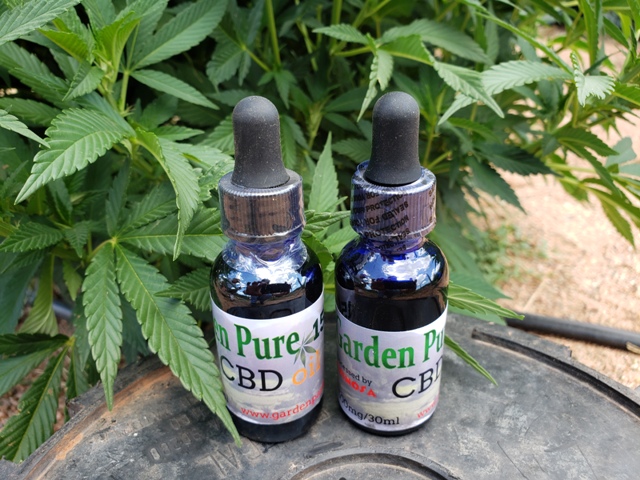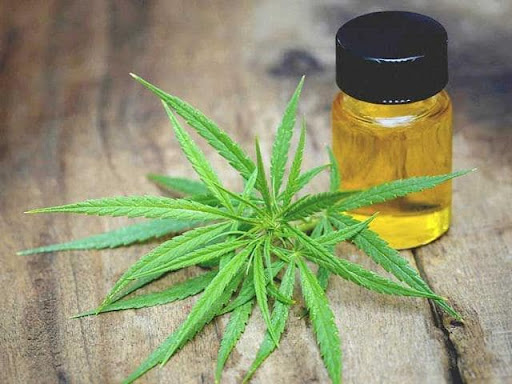In today’s fast-paced world, stress has become an almost ubiquitous part of our daily lives. From work pressures to personal responsibilities, the demands placed upon us can often lead to overwhelming feelings of anxiety and tension. As people search for effective ways to manage stress, one solution has garnered significant attention: CBD. This article delves into the role of CBD in managing stress, exploring its benefits, mechanisms, and usage to provide a comprehensive understanding of this natural remedy.
Understanding CBD: What is it?
Cannabidiol, commonly known as CBD, is a naturally occurring compound found in the hemp plant. Unlike its cousin, tetrahydrocannabinol (THC), CBD does not have psychoactive properties, meaning it doesn’t produce the “high” associated with hemp use. Instead, CBD is celebrated for its potential therapeutic benefits, including its ability to alleviate pain, reduce inflammation, and, importantly, manage stress and anxiety.
The Science Behind CBD and Stress Management
How CBD Interacts with the Body
To understand how CBD helps in managing stress, it’s essential to know how it interacts with the body. CBD primarily interacts with the endocannabinoid system (ECS), a complex cell-signaling system that plays a crucial role in regulating a variety of physiological processes, including mood, sleep, appetite, and stress.
The ECS comprises endocannabinoids, receptors, and enzymes. The two main receptors are CB1, primarily found in the brain and central nervous system, and CB2, found in the immune system. CBD influences these receptors indirectly, enhancing the body’s ability to use its endocannabinoids more effectively.
CBD and the Stress Response
Stress triggers a series of physiological responses in the body, including the release of cortisol, a hormone that prepares the body to handle stressors. While short-term cortisol release is beneficial, chronic stress leads to prolonged high cortisol levels, which can have adverse effects on health.
Studies suggest that CBD can modulate the release of cortisol, helping to maintain a balanced stress response. By interacting with the ECS, CBD may help regulate the production of cortisol and other stress-related hormones, promoting a calmer state of mind.
Neurotransmitter Regulation
CBD’s role in managing stress is also linked to its interaction with neurotransmitters. For instance, CBD is known to influence serotonin receptors. Serotonin is a neurotransmitter that plays a key role in mood regulation. By enhancing serotonin signaling, CBD may help alleviate feelings of anxiety and improve overall mood.
Benefits of CBD for Stress Management
Reduction in Anxiety
One of the most well-documented benefits of CBD is its ability to reduce anxiety. Research has shown that CBD can significantly decrease anxiety levels in individuals with generalized anxiety disorder (GAD), social anxiety disorder (SAD), and post-traumatic stress disorder (PTSD). These effects are thought to be due to CBD’s interaction with the serotonin system and its ability to modulate the body’s stress response.
Improved Sleep Quality
Stress and anxiety often lead to sleep disturbances, which in turn can exacerbate stress. CBD has been shown to improve sleep quality by addressing the root causes of sleep issues, such as anxiety and pain. Better sleep can lead to a more balanced mood and reduced stress levels.
Enhanced Mood and Emotional Regulation
By interacting with the ECS and neurotransmitter systems, CBD may help enhance mood and improve emotional regulation. This can be particularly beneficial for individuals experiencing stress-related mood swings or emotional instability.
Neuroprotective Properties
Chronic stress can have detrimental effects on the brain, leading to issues such as impaired cognitive function and increased risk of neurodegenerative diseases. CBD has neuroprotective properties, meaning it can help protect the brain from damage caused by chronic stress.
How to Use CBD for Stress Management
Choosing the Right CBD Product
CBD is available in various forms, including oils, capsules, edibles, and topical applications. The choice of product depends on individual preferences and the specific needs of the user. For stress management, sublingual CBD oils or tinctures are popular because they allow for quick absorption into the bloodstream.
Determining the Correct Dosage
Finding the right dosage is crucial for the effectiveness of CBD in managing stress. It’s recommended to start with a low dose and gradually increase it until the desired effects are achieved. Consulting with a healthcare professional can also provide guidance on appropriate dosing.
Timing and Consistency
Consistency is key when using CBD for stress management. Regular use can help maintain stable levels of CBD in the body, promoting sustained relief from stress. Timing can also play a role; some individuals find it beneficial to take CBD at specific times of the day, such as in the morning to promote a calm start to the day or in the evening to aid in relaxation before bed.
Potential Side Effects and Considerations
While CBD is generally well-tolerated, it’s essential to be aware of potential side effects, which can include dry mouth, dizziness, and changes in appetite. It’s also important to ensure that the CBD product used is of high quality and free from contaminants. Checking for third-party lab testing can help verify the purity and potency of the product.

CBD in Combination with Other Stress Management Techniques
While CBD can be a powerful tool for managing stress, it’s often most effective when used in combination with other stress management techniques. Practices such as mindfulness meditation, regular physical exercise, adequate sleep, and a balanced diet can complement the effects of CBD, leading to more comprehensive stress relief.
Mindfulness and Meditation
Mindfulness and meditation can help reduce stress by promoting a state of calm and relaxation. CBD can enhance these practices by helping to alleviate anxiety and improve focus.
Physical Exercise
Regular physical exercise is known to reduce stress levels and improve mood. CBD can aid in recovery from exercise-induced inflammation and pain, making it easier to maintain a consistent exercise routine.
Adequate Sleep
Quality sleep is crucial for managing stress. Incorporating CBD into a nighttime routine can help improve sleep quality, leading to better overall stress management.
Balanced Diet
A healthy diet plays a significant role in managing stress. CBD can complement a balanced diet by promoting a sense of calm and aiding in digestion.
Conclusion
The role of CBD in managing stress is supported by a growing body of research and anecdotal evidence. By interacting with the endocannabinoid system and various neurotransmitter systems, CBD can help regulate the body’s stress response, reduce anxiety, improve sleep quality, and enhance mood. When used in combination with other stress management techniques, CBD can be an effective tool for achieving a more balanced and stress-free life. To find out more details about CBD in managing stress, start your exploration to find out more info.
